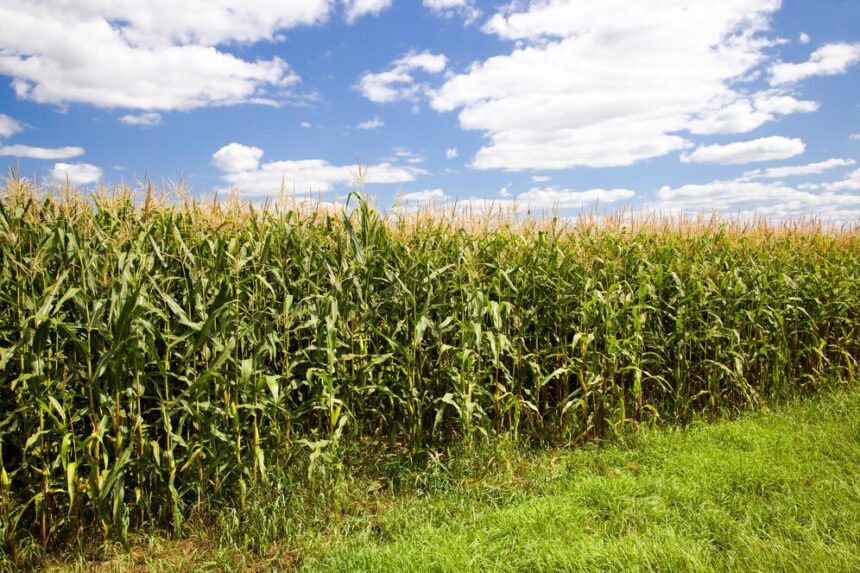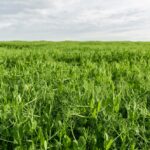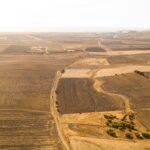South Africa’s maize industry is a cornerstone of the country’s agriculture, providing food, feed, and income for millions of households. However, climate change is increasingly threatening maize production due to rising temperatures, erratic rainfall, prolonged droughts, and new pest pressures. To sustain productivity in the face of these challenges, the adoption of climate-smart maize varieties is becoming essential for South African farmers.
What Are Climate-Smart Maize Varieties?
Climate-smart maize varieties are specially bred to withstand environmental stresses while maintaining or increasing yield. These varieties are developed through advanced breeding techniques to tolerate drought, resist pests and diseases, and perform well in variable weather conditions. They are a key component of climate-smart agriculture, which aims to increase productivity, enhance resilience, and reduce greenhouse gas emissions.
Drought-Tolerant Maize Varieties
Water scarcity is a major issue in many maize-growing regions of South Africa, particularly in Limpopo, North West, and the Free State. Drought-tolerant maize varieties are bred to use water more efficiently and continue producing under limited rainfall.
Popular drought-tolerant options include:
- SC701 and SC719 – These varieties show good performance under low moisture conditions and are widely adopted in semi-arid regions.
- DKC80-40 and PAN 5R-785R – Known for consistent yields in dry conditions and early maturing characteristics, reducing the risk of total crop failure during short seasons.
By planting these varieties, farmers can protect their harvests against delayed rains and shorter growing seasons.
Heat-Tolerant Varieties
Extreme heat during critical maize development stages, such as pollination and grain filling, can drastically reduce yields. Heat-tolerant maize varieties are bred to thrive in high-temperature conditions, ensuring pollination success and healthy kernel formation.
Varieties developed through breeding programs like the Water Efficient Maize for Africa (WEMA) initiative and ARC-Grain Crops Institute have shown improved heat stress tolerance suited to South African conditions.
Pest-Resistant and Disease-Tolerant Maize
Climate change has led to the increased spread of pests like fall armyworm and diseases such as maize streak virus. Climate-smart maize varieties now include genetic resistance to these threats, reducing the need for chemical pesticides and supporting safer, more sustainable farming.
Examples include:
- Bt maize (genetically modified with Bacillus thuringiensis) – Offers built-in resistance to stem borers and fall armyworm.
- Streak virus-resistant varieties – Useful in high-risk areas such as KwaZulu-Natal and Mpumalanga.
Farmers using pest-resistant varieties report fewer losses and reduced pesticide costs.
Early Maturing Varieties
Erratic rainfall patterns and shortened growing seasons make early maturing maize varieties increasingly valuable. These varieties complete their growth cycle in a shorter period, reducing the risk of crop failure from late planting or early drought.
Examples include:
- PAN 3R-573R and PANNAR 4M-801BR – These hybrids mature quickly and perform well in areas with shorter rainfall windows.
Early maturing varieties also allow for double cropping or timely land preparation for the next season.
Nutrient-Efficient Maize Varieties
Soil degradation and nutrient deficiency are common problems in many smallholder farms. Climate-smart maize varieties that are more efficient at using available nutrients—especially nitrogen and phosphorus—can thrive even in low-fertility soils.
Some new varieties are developed to absorb nutrients more efficiently or form better relationships with beneficial soil microbes, making them ideal for resource-poor farmers with limited access to fertilizers.
Access and Adoption
Seed companies, government research institutions, and NGOs are working to improve access to climate-smart maize seeds across South Africa. Farmers can obtain these varieties through:
- Certified seed dealers and agro-vets
- Farmer support programs from organizations like ARC, Sasol Agricare, and Seed Co
- Community seed banks and cooperatives promoting local multiplication
Training on best practices for planting, crop management, and conservation agriculture further enhances the benefits of these seeds.
As climate change continues to reshape agricultural landscapes, climate-smart maize varieties provide a lifeline for South African farmers. With improved resilience to drought, heat, pests, and diseases, these varieties offer a sustainable way to secure yields and safeguard livelihoods. For both small-scale and commercial growers, integrating these advanced seeds into maize production systems is a vital step toward future-proof farming.
Join 'Farmers Mag' WhatsApp Channel
Get the latest Farming news and tips delivered straight to your WhatsApp
CLICK HERE TO JOIN






